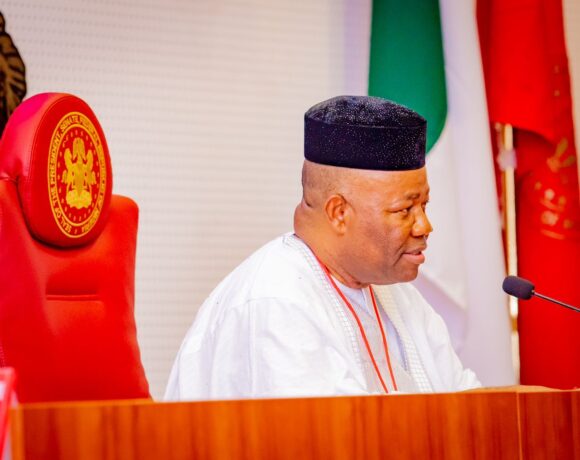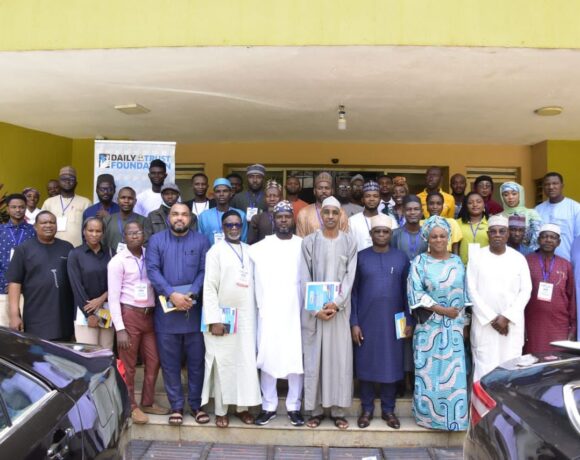United Nation sensitizes Nigeria media ahead of COP 28
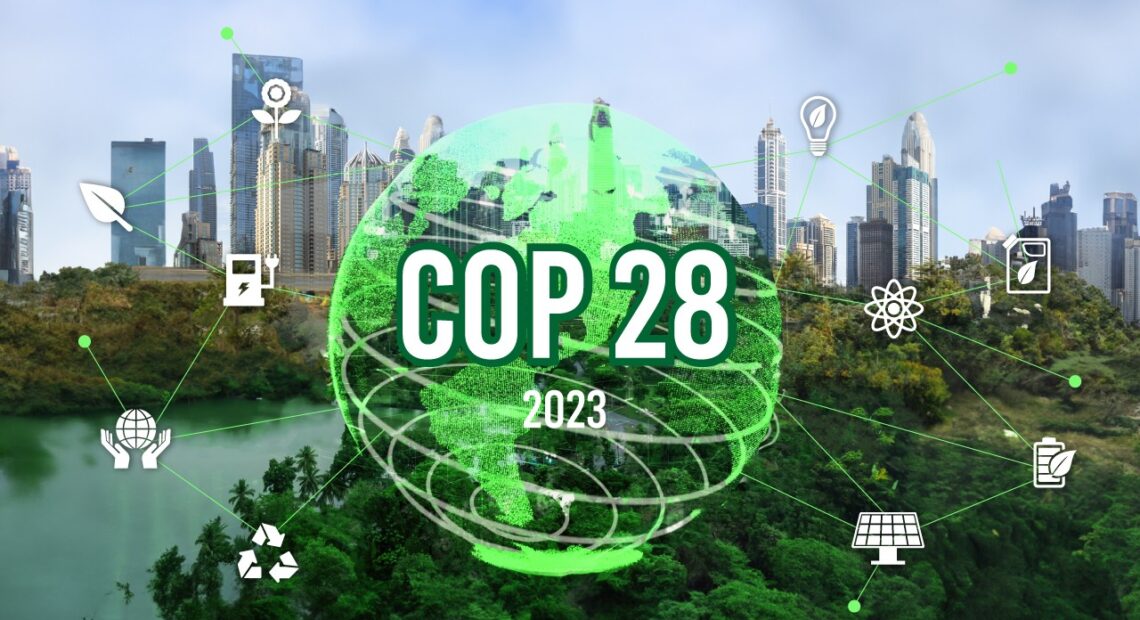
Key points
-
Earth temperature all time high in 2023
-
The media should ensure solution based reporting of climate change
-
World leaders should go beyond statement to action in climate change issues
-
The media should provide credible information on climate change beyond COP 28
-
Journalists can give voice to grass root initiatives and foster knowledge sharing
By Peace Musa
In preparation for the 28th Conference of Parties (COP 28) in Dubai, United Arab Emirates, the United Nations Information Centre (UNIC) and the World Meteorological Organization (WMO) recently held an event on 27 November 2023 in Abuja, Nigeria to raise awareness about the importance of media coverage of climate change issues, particularly in the wake of COP 28. The conference is expected to address a range of issues related to climate change, including climate justice, loss and damage, and finance.
The event was attended by over 50 climate and media experts from across Nigeria, including heads of relevant agencies in Nigeria and the UN.
In his opening remarks, the United Nations Resident Coordinator, Matthias Schmale, emphasized the need to address climate change with a focus on the challenges of the 21st century. “For humanity’s sake, we cannot afford to fail,” he said.
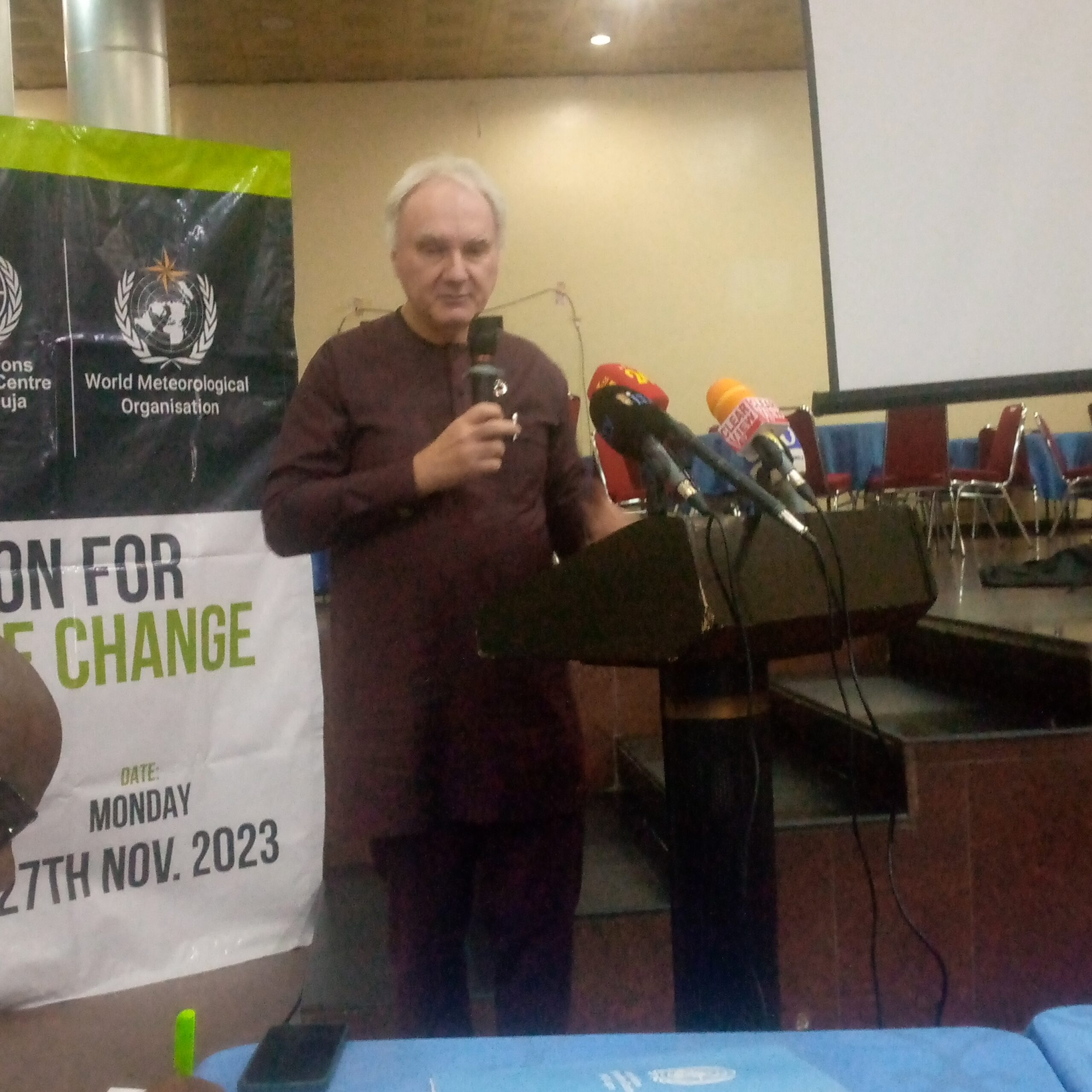
United Nations Resident Coordinator, Matthias Schmale. Photocredit: The Insight
Schmale also noted that time is of the essence in the fight against climate change.
“Time is running out for us to succeed,” he warned.
He pointed out that the world’s climate temperature is at an all-time high in 2023, and this increase has led to the loss of arable land due to gully erosions and flooding, forcing people from their homes. Schmale also highlighted the issue of climate injustice, noting that the Global South contributes only about 4% of global emissions but is the worst hit in terms of climate change disasters. He attributed this injustice to a failure of leadership.
We don’t just need statements, we need actions
The role of journalists in reporting on COP 28 and holding leaders accountable for their commitments cannot be overstated. The conference is expected to generate commitments from global leaders to address climate change issues, and the media has a crucial role to play in ensuring that these commitments are met.
He emphasized that COP 28 is yet another opportunity for leadership around the world to make impact beyond mere statements.
“We don’t just need statements, we need actions,” he said.
He also urged the media to provide credible information on climate change, it causes and impact.
Also, while delivering his keynote speech, the Secretary General of the World Metrological Organisation (WMO) prof. Petteri Taalas, represented by Mr. Bernard Edward Gomez WMO representative for North, Central and West Africa said that the high climate change problems are social, economic and political. He noted that journalists have critical responsibilities of informing the public about climate change, foster information sharing and accountability at all levels.
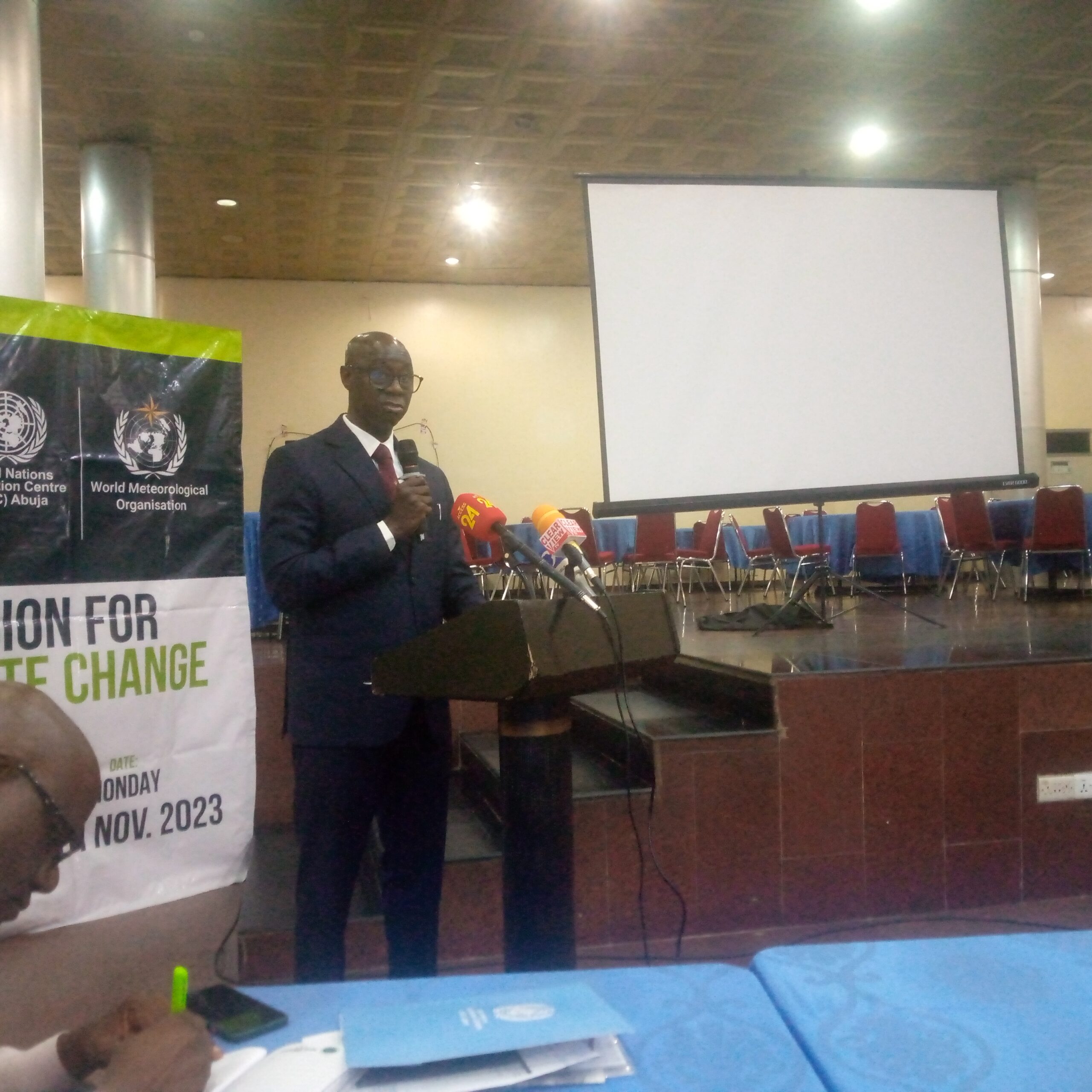
Mr. Bernard Edward Gomez WMO representative for North, Central and West Africa. Photocredit: The Insight
Mr. Bernard added that journalists can give voice to grass root initiatives and foster knowledge sharing while highlighting sustainable practices and ensure solutions focused approach to reporting on climate change and dispel mis/disinformation on climate change.
“At the community level, journalists can empower local communities to understand climate change impacts, develop resilience strategies and advocate for their needs,” he said.
Solutions to climate change should also be localized
The Director General, Nigeria Meteorological Station (NiMet) prof. Mansur Bako Matazu in his goodwill message noted that climate change is a social justice issue and that the media plays a major role in ensuring justice is served through proper reporting. He also emphasized the need to highlight local evidences of climate change and localize climate change mitigation and materials.
“Climate change is a social justice issue and solutions to climate change should also be localized,” he said.
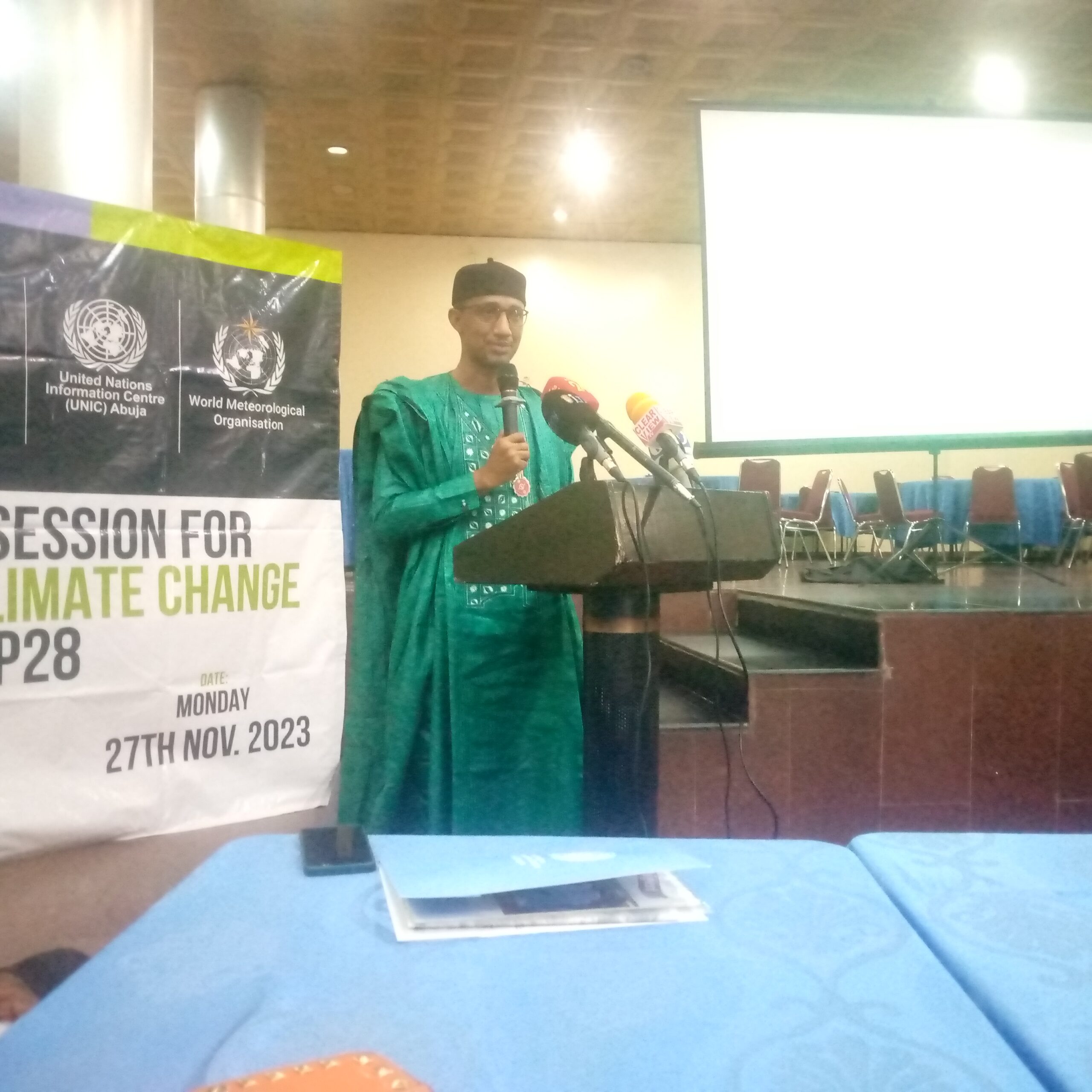
Director General, Nigeria Meteorological Station (NiMet) prof. Mansur Bako Matazu. Photocredit: The Insight
The representative of the National Emergency Management Agency, NEMA Lady Florence Wenegieme said the conjunction of media and critical stakeholders in addressing climate change disaster are very important at this point in time.
“We cannot do without the press as they are critical stakeholders in reporting climate change,” she said.
The Insight Report
Nigeria Coverage

